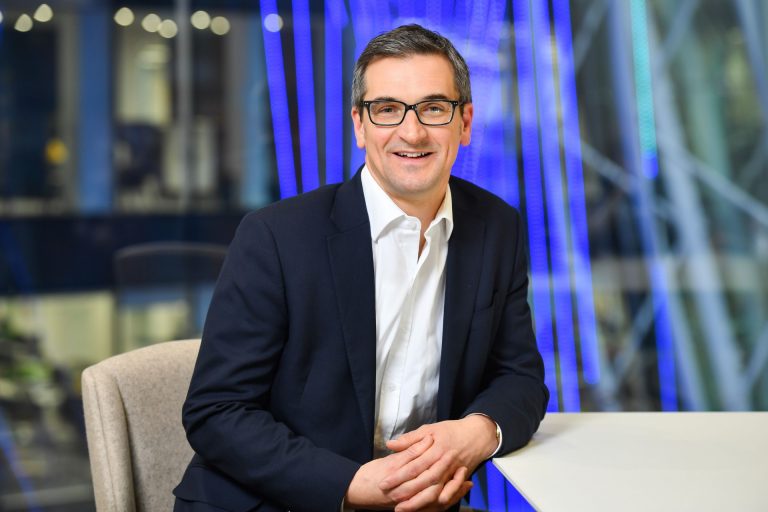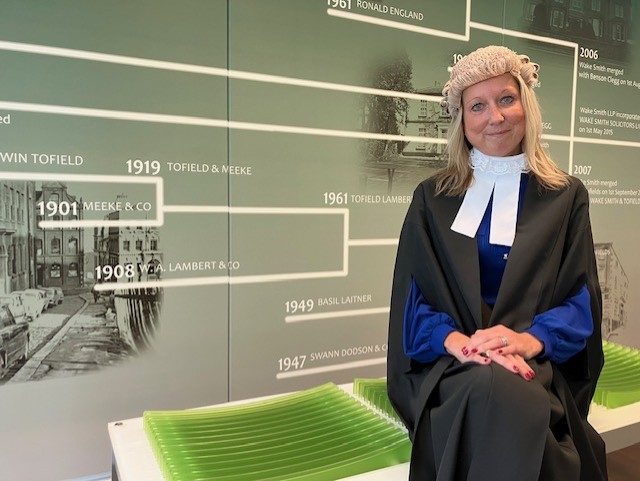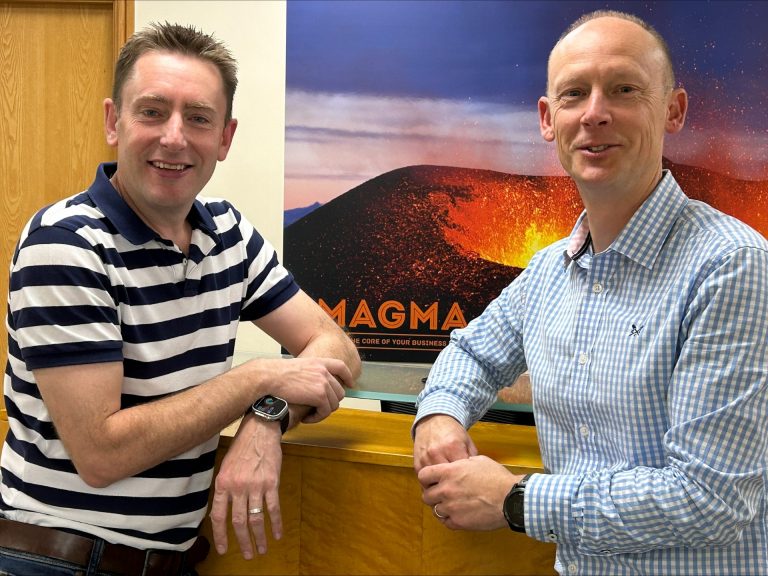- Optimism softened in September (weighted balance of +20% from +30% in June; long-run average of +3%).
- Business volumes growth was quick in the quarter to September, despite slowing from last quarter (+27% from +42% in June; long-run average of +13%). FS firms expect volumes to increase at a faster pace next quarter (+41%).
- Average spreads increased slightly in the three months to September (+5% from 0% in June). Spreads are expected to be broadly flat next quarter (-3%).
- The value of non-performing loans grew modestly in the quarter to September (+8% from 0% in June) but is anticipated to decline marginally next quarter (-5%).
- Profitability growth decelerated in the quarter to September (+13% from +41% in June) but is expected to speed up again next quarter (+38%).
- Employment expanded at a robust pace in the quarter to September (+34%), albeit at a slower pace than last quarter’s increase (+52%, fastest since December 2006). Firms expect headcount growth to ease further next quarter (+23%).
- Firms expect to increase investment in IT over the next 12 months (compared to the last 12). Capital expenditures on land & buildings and vehicles, plant & machinery are anticipated to be broadly unchanged.
- Uncertainty about demand was the most commonly cited factor likely to limit investment in the next 12 months (47%). The share of firms citing cost of finance (28%) as a potential limiting factor rose to its highest since December 2014.
Financial services activity holds firm
Logistics confidence falls to second lowest level on record
Solicitor appointed in historic Derbyshire court’s role
Champions (UK) Plc to merge with Lowaire
Accountants expands senior team
Magma Chartered Accountants and Business Advisers has strengthened its senior team following the appointment of Paul Pownall, as head of operations.
A well-known figure across the Midlands business community, Paul recently completed a spell managing a successful members’ golf club but has now stepped back into the professional services arena to join the team at Magma, which has offices in Leicester and Rugby and employs over 100 professional advisers and support staff.
Paul’s recruitment comes on the back of several recent appointments made by the business over the recent months.
Mark Tuckwell, Magma’s managing partner, said: “Magma continues to enjoy growth across our teams and client base, and Paul’s wealth of experience will allow us to develop our internal processes and infrastructure. Being able to attract talented individuals like Paul is testament to the positive direction of the business and the ‘people-focussed’ culture Magma has achieved.”
In his new role, Paul will be responsible for managing the business’s HR, IT, Finance and Marketing professionals as well as helping to deliver further improvements in client service and operational efficiencies.
Paul added: “I have known and respected the team at Magma for many years, and the opportunity to join such a progressive practice in a role in which I can bring all of my previous experience is very exciting.”
Paul has worked across the East Midlands for over 35 years and is a keen golfer.
East Midlands is being “levelled down” after scrapping HS2
- Funding the Midlands Rail Hub in full with £1.75 billion
- Over £1.5 billion guaranteed local transport funding for the new East Midlands Mayor
- Over £1 billion extra local transport funding for West Midlands City Region
- A new £2.2 billion fund for local transport across all areas in the West and East Midlands outside the city regions – smaller cities, counties, towns and countryside
- Reopened train lines and new stations
- The number of trains between Leicester and Birmingham will be doubled from 2 to 4 per hour
- £100 million will be shared across the North and Midlands to support the development and rollout of London-style contactless and smart ticketing
- Funding to fix 2 major pinch points on the A5 between Hinckley and Tamworth. Funding will also be provided for improvements to the A50/500 corridor between Stoke and Derby, cutting congestion for the 90,000 drivers who use the road each day and ensuring smoother journeys for drivers and freight around Rolls-Royce, Toyota, Magna Park and other major local employers
- A Midlands Road Fund worth nearly £650 million will be launched for new road schemes
- A further £250 million will fully fund 10 smaller road schemes in the Midlands, including the A509 Isham Bypass, near Kettering, and the A43 between Northampton and Kettering
- £2.2 billion for the Midlands to combat potholes
- £230 million will be invested in increasing the frequency of bus services in the Midlands and the £2 bus fare will also be extended until the end of December 2024.
Malcolm Prentice, chairman of Midlands rail depot maintenance firm MTMS, said: “HS2 wasn’t just about offering faster passenger train times, it was about freeing up the infrastructure to increase the capacity on our rail system for freight, because we can’t live with what we’ve got.
“Mr Sunak talks about digitalisation and modernisation, but while that will make a difference, it won’t allow the network to take on heavy volume and so this is a sticking plaster, not a solution to the capacity challenges that we are facing.
“It’s hugely disappointing, but if we are now going to develop and Midlands and Northern network then it should at least be a British project with British suppliers drawn from the same areas to avoid it further widening the North-South divide.”
Mr Prentice, who has more than 40 years’ experience of working in the rail industry, also took aim at the Conservative party’s own politicians whose inability to deliver HS2 has led to it having to be scaled back.
He said: “Mr Sunak stood there and talked about the project having been mismanaged and mis-delivered, but that has all been on the Conservative Government’s watch and many of the people in the room were responsible for that.
“Instead of standing there clapping and whooping, they should stood there hanging their heads in embarrassment.
“It seems that everybody who has got involved in HS2 has been more interested in their own self-interest and until the Government change the way these big projects are managed, any new rail project that comes along will have the same outcome.”












